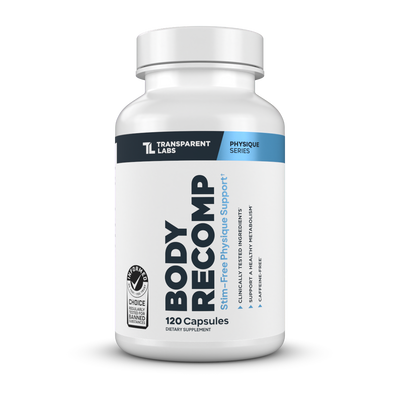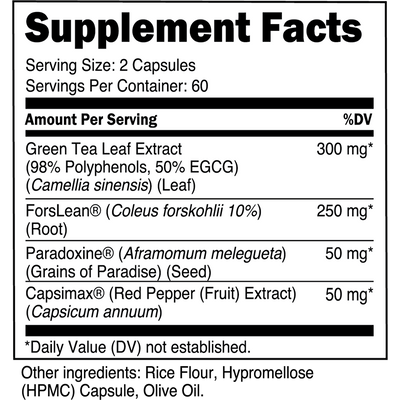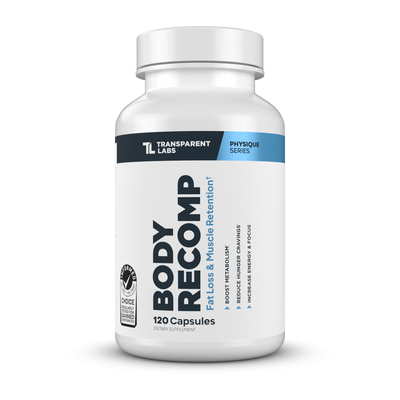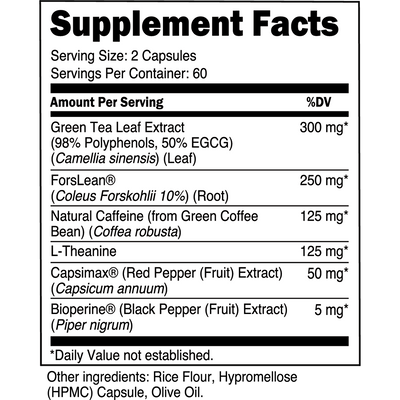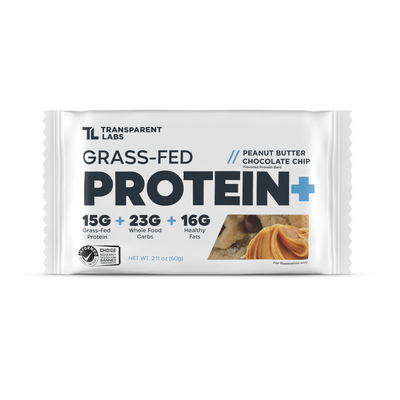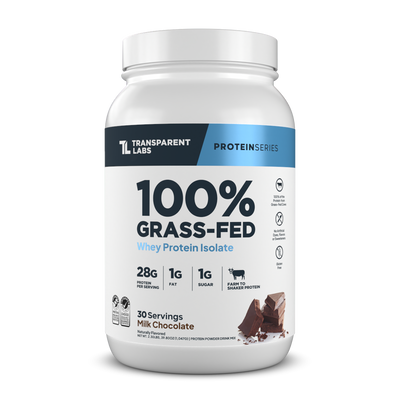58,934 Verified 5 Star Reviews From Our Customers
Frequently Asked
Questions
What supplements help with muscle recovery after workouts?
Our Creatine HMB formula along with Post and 100% Grass-Fed Whey Protein Isolate are three excellent options for accelerating muscle recovery after training.
What's the difference between Transparent Labs Growth and Build?
Should I take BCAAs or EAAs for muscle recovery?
EAAs are more effective at promoting muscle protein synthesis and overall muscle growth, while BCAAs primarily assist in reducing muscle breakdown during exercise. Both supplements have their unique benefits and applications for specific fitness goals, but EAAs tend to be more robust for recovery purposes.
How does the Transparent Labs Mass Gainer support muscle growth?
Transparent Labs Mass Gainer provides a nutrient-dense source of protein, carbs, and fats from whole foods to help promote a calorie surplus and muscle growth.
Is creatine effective for muscle building and recovery?
Can I stack multiple recovery supplements together?
Yes, most of our recovery formulas, such as Intra EAA, Creatine HMB, Build, Growth, and Post, work in a complementary fashion.
What supplements help with muscle recovery after workouts?
Our Creatine HMB formula along with Post and 100% Grass-Fed Whey Protein Isolate are three excellent options for accelerating muscle recovery after training.
What's the difference between Transparent Labs Growth and Build?
Should I take BCAAs or EAAs for muscle recovery?
EAAs are more effective at promoting muscle protein synthesis and overall muscle growth, while BCAAs primarily assist in reducing muscle breakdown during exercise. Both supplements have their unique benefits and applications for specific fitness goals, but EAAs tend to be more robust for recovery purposes.
How does the Transparent Labs Mass Gainer support muscle growth?
Transparent Labs Mass Gainer provides a nutrient-dense source of protein, carbs, and fats from whole foods to help promote a calorie surplus and muscle growth.
Is creatine effective for muscle building and recovery?
Can I stack multiple recovery supplements together?
Yes, most of our recovery formulas, such as Intra EAA, Creatine HMB, Build, Growth, and Post, work in a complementary fashion.
